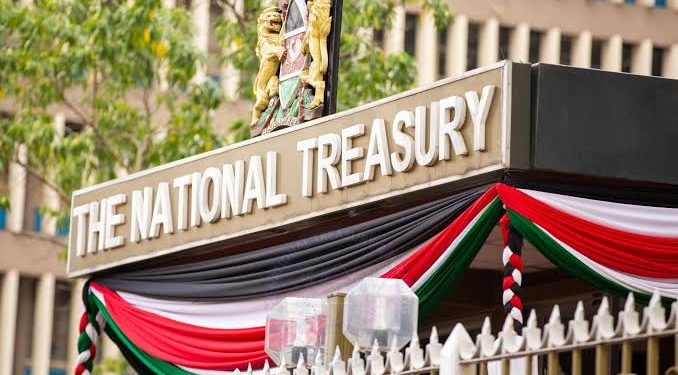Kenya is the biggest economy in East Africa, which has been the continent’s fastest-growing region in recent years, with the African Development Bank projecting a growth rate of 4.7 percent in 2023.
Our country has put in place key infrastructure including network of roads, bridges, highway and reliable power to support businesses and investments. This is a milestone towards achieving economic development.
Read: KRA Set to Miss its Target of Kshs2.1trillion this Financial Year
What remains to be done after infrastructural advancement? In my view, for us to attract more local and foreign investors, and create more jobs, a stable tax policy needs to be implemented.
The government must have a predictable policy and regulatory environment. This is mainly on tax policies enshrined in the Financial Bill (Financial Act).
The National Treasury has in recent years been making upward tax adjustments and coming up with numerous tax policies, blamed for raising the cost of doing business in Kenya.
For investment to be made, there has to be a long-term view that a company can take and if they can’t see that sort of predictability in the environment, it becomes difficult to make big investments.
Read: The Adoption Of Technology Yielding Positive Returns For KRA
On a positive side, the Kenya Kwanza government has been on a charm offensive to attract more Foreign Direct Investment’s (FDIs), with the US being a major source of multinational companies which have set base in Nairobi.
Google, Coca Cola, BAT, Nestle and Microsoft are some of the major companies that have made huge investments in Kenya, creating jobs and tax revenues to the government.
The U.S.-Kenya partnership has enhanced security, increased prosperity, and improved the lives of Kenyans and Americans, courtesy of the bilateral deals between the two countries.
Email your news TIPS to editor@thesharpdaily.com
















